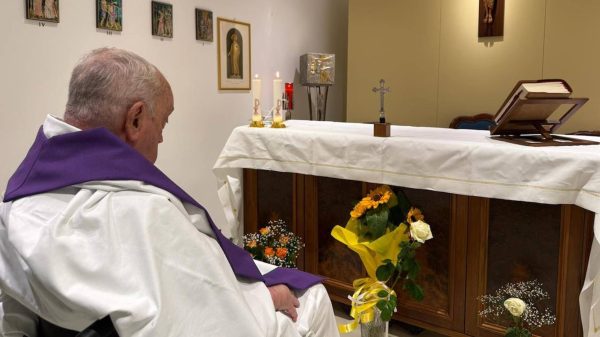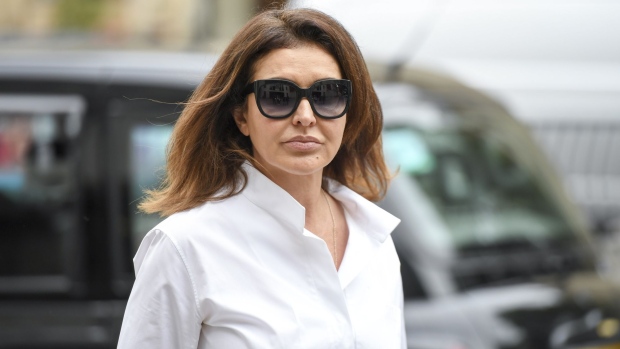
A woman who spent more than £16 million at Harrods in ten years has lost a legal challenge against the UK’s first unexplained wealth order (UWO).
Court of Appeal judges refused to overturn a UWO against an £11.5 million property in Knightsbridge, London.
The house was bought by a company incorporated in the British Virgin Islands.
Her husband, Jahangir Hajiyev was sentenced to 15 years’ imprisonment for fraud and embezzlement.
Lawyers for Mrs Hajiyeva, 56, argued an application by the National Crime Agency (NCA) for the UWO, was the result of a “grossly unfair trial” and should be discharged.
Giving judgment, Lord Chief Justice Lord Burnett, sitting with Lord Justice Davis and Lord Justice Simon, dismissed Mrs Hajiyeva’s appeal.
Lord Burnett added that Mrs Hajiyeva’s application for permission to appeal against the court’s judgment had been refused.
Mrs Hajiyeva was the first person to be made subject to a UWO.
The order was introduced in January 2018 under so-called McMafia laws – named after the BBC organised crime drama and the book which inspired it.
A UWO allows the NCA to seize someone’s assets if they believe the owner is unable to explain the source of their wealth.
In a High Court ruling last October a judge heard how “three separate loyalty cards were issued to Mrs Hajiyeva” by Harrods.
She spent more than £16 million between September 2006 and June 2016 in the store.
Court documents revealed that Mrs Hajiyeva blew £600,000 in a single day.
The NCA later seized jewellery worth more than £400,000 from auctioneer’s Christie’s over suspicions about how the items were purchased.
Andy Lewis, Head of Asset Denial at the NCA, said:
“Unexplained Wealth Orders, and other asset denial tools such as Account Freezing Orders, are hugely powerful tools that are enabling us to investigate illicit finance and discourage it happening in the first place.
“We will continue to seek opportunities to use these orders to tackle illicit finance and fight serious and organised crime.
“We are ultimately looking for Mrs Hajiyeva to comply with the original order of February 2018 to explain the source of the funds used to purchase her property, pending any further right of appeal that may be granted.”
Sarah Pritchard, Director of the National Economic Crime Centre, said:
“This is a significant result which is important in establishing Unexplained Wealth Orders as a powerful tool helping us to investigate illicit finance generated in, or flowing through, the UK.
“As a new piece of legislation, we anticipated that there would be a legal challenge – we are pleased that the court has upheld the case today.
“It will set a helpful precedent for future UWO cases.”





















